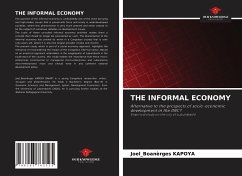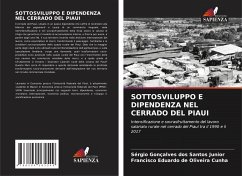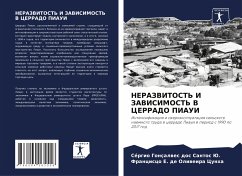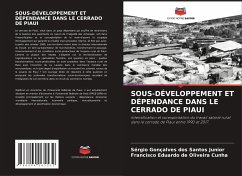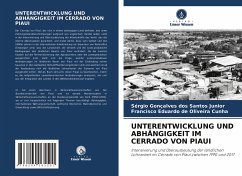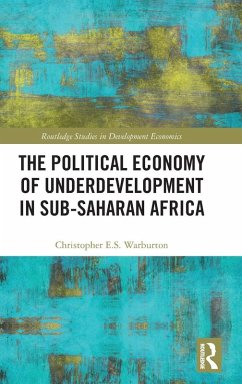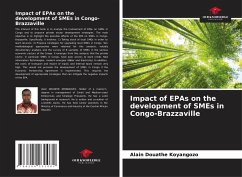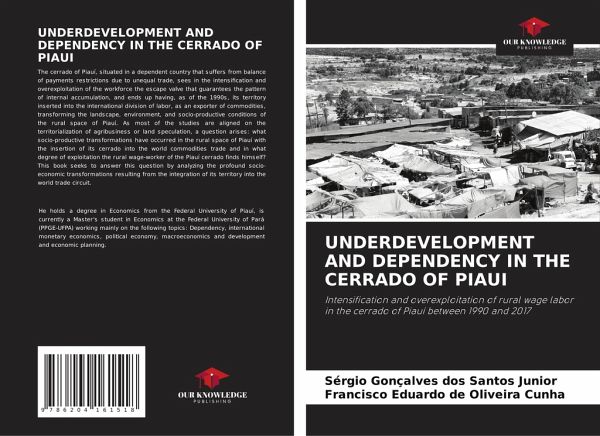
UNDERDEVELOPMENT AND DEPENDENCY IN THE CERRADO OF PIAUI
Intensification and overexploitation of rural wage labor in the cerrado of Piauí between 1990 and 2017
Versandkostenfrei!
Versandfertig in 6-10 Tagen
36,99 €
inkl. MwSt.

PAYBACK Punkte
18 °P sammeln!
The cerrado of Piauí, situated in a dependent country that suffers from balance of payments restrictions due to unequal trade, sees in the intensification and overexploitation of the workforce the escape valve that guarantees the pattern of internal accumulation, and ends up having, as of the 1990s, its territory inserted into the international division of labor, as an exporter of commodities, transforming the landscape, environment, and socio-productive conditions of the rural space of Piauí. As most of the studies are aligned on the territorialization of agribusiness or land speculation, a...
The cerrado of Piauí, situated in a dependent country that suffers from balance of payments restrictions due to unequal trade, sees in the intensification and overexploitation of the workforce the escape valve that guarantees the pattern of internal accumulation, and ends up having, as of the 1990s, its territory inserted into the international division of labor, as an exporter of commodities, transforming the landscape, environment, and socio-productive conditions of the rural space of Piauí. As most of the studies are aligned on the territorialization of agribusiness or land speculation, a question arises: what socio-productive transformations have occurred in the rural space of Piauí with the insertion of its cerrado into the world commodities trade and in what degree of exploitation the rural wage-worker of the Piauí cerrado finds himself? This book seeks to answer this question by analyzing the profound socio-economic transformations resulting from the integration of its territory into the world trade circuit.




